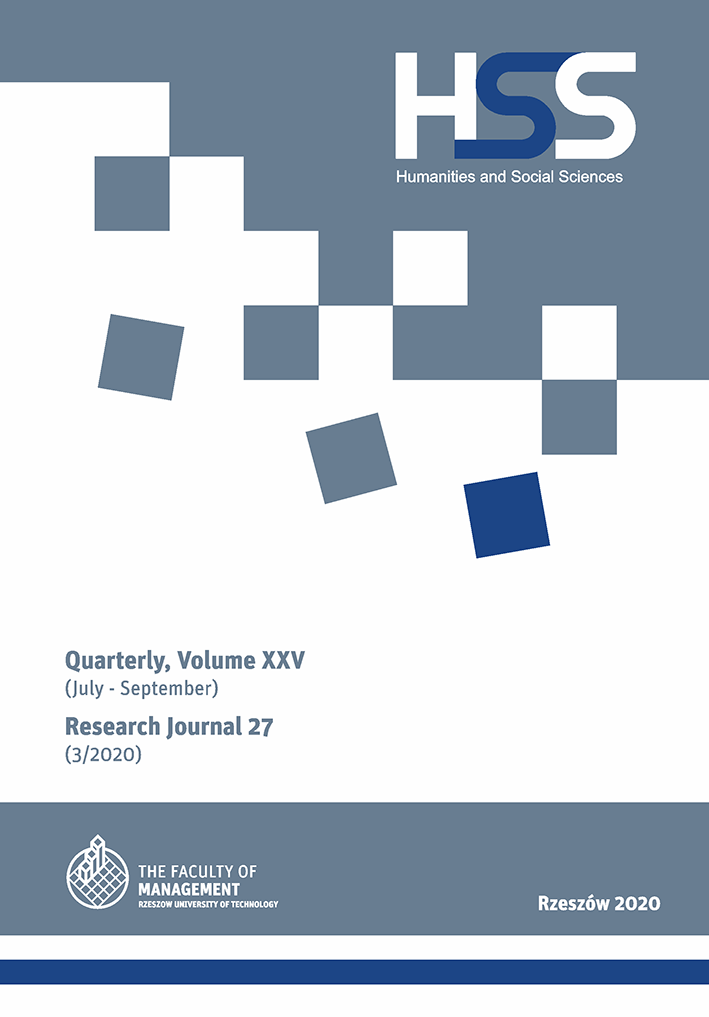Abstract
Space is a new area for diplomacy. Diplomacy plays an important role in all domains from culture, science, and technology, and is a field that focuses on international relations between states. It facilitates communication and exchange of knowledge between states, and is a discipline that has evolved. A new type of diplomacy that has emerged in recent years is “space diplomacy”, which is responsible for arms control and maintaining the “peaceful uses of outer space”. Weaponization and the militarization of space are important and sensitive policy issues for states. The defense of space, and using space for defense, are issues that are now being discussed between diplomats worldwide. Many issues are also being negotiated by international space organizations. This article presents the new discipline of space diplomacy and examines its future by analyzing legal documents negotiated by the international community. The article is relevant to debates on the legal and political aspect of space security and the peaceful use of space for commercial purposes.
References
Caselli, L.P. (2003). Space demilitarization treaties in a new era of manned nuclear spaceflights. JALC, t. 78, nr 4.
Chanock, A. (2013). The problems and potential solutions related to the emergence of space weapons in the 21st Century. JALC, t. 78, nr 4.
Chanock, C. (2019). Safety, Security and sustainability of Outer Space activities – presentation at the Luxemburg symposium on New Space. 13–14 November 2019.
Genk, M.L. (2010). Safety for Space Nuclear Reactor Power and Propulsion System [w:] Pelton, J.L., Jakhu, R. Space Safety Regulations and Standards.
http://www.unoosa.org/oosa/audio/v2/meetings.jsp?lng=en [access: 31.03.2020].
https.//www.iislweb.org/website/docs/201keynote.pdf [access: 02.04.2020].
https.//www.iislweb.org/website/docs/201keynote.pdf [access: 20.03.2020].
https:// www.carthage-edu/model-united-nation/points/rules [access: 02.04.2020].
https://eeas.europa.eu/topics/economic-relations-connectivity-innovation/67538/sos-sos-soseu-calls-ethical-conduct-space-avoid-collision-and-orbital-debris_en); 2019 [access: 20.02.2020].
https://undocs.org 16 July 2018 [access: 23.02.2020].
https://www.esa.int/Safety_Security/ESA_spacecraft_dodges_large_constellation 2019 [access: 03.03.2020].
https:/www.Stimson.org/content/space-diplomacy [access: 23.02.2020].
Jakhu, R., Sgobba, T., Dempsey, P.S. (2011). The need for an Integrated Regulatory Regime for Aviation and Space. ICAO for Space? Wien.
Łukaszuk, Ł. (2012). Współpraca i rywalizacja w przestrzeni kosmicznej. „Prawo – Polityka – Gospodarka”.
Petras, Ch.M. (2001). The convergence of U.S. Military and commercial space activities: self-defense and cyber-attack, „peaceful use” and the Space Station, and the need for legal reform, IASL, McGill.
Ramirez de Arellano y Haro, T. Castillo Olascoaga, T. (2016). Space Diplomacy: useful initiatives for taking international cooperation beyond the skies. UNISPACE 50. High Level Forum. Space as a driver for socio-economic sustainable development, 20–24 November 2016, Dubai, UAE.
Słomczyńska, I. (2017). Europejska polityka kosmiczna. Lublin.
Suzuki, K. (2010). The role of international organizations for the fair and responsible use of space [w:] The Fair and Responsible Use of Space: An International Perspective. Wyd. Wolfgang Rathgeber, Karl-Uwe Schrogl, Ray A. Williamson, Vien.
Wouters, J., Hansen, R. (2014). The other triangle in European Space Governance: The European Union, the European Space Agency and the United Nations [w:] Jorgenson, C., red., Proceeding of the International Institute of Space Law. Haag.
www.unoosa.org (23.02.2020)
www:// unoosa.org/oosa/en/ourwork/copuos/index.htm/ [access: 02.04.2020].


